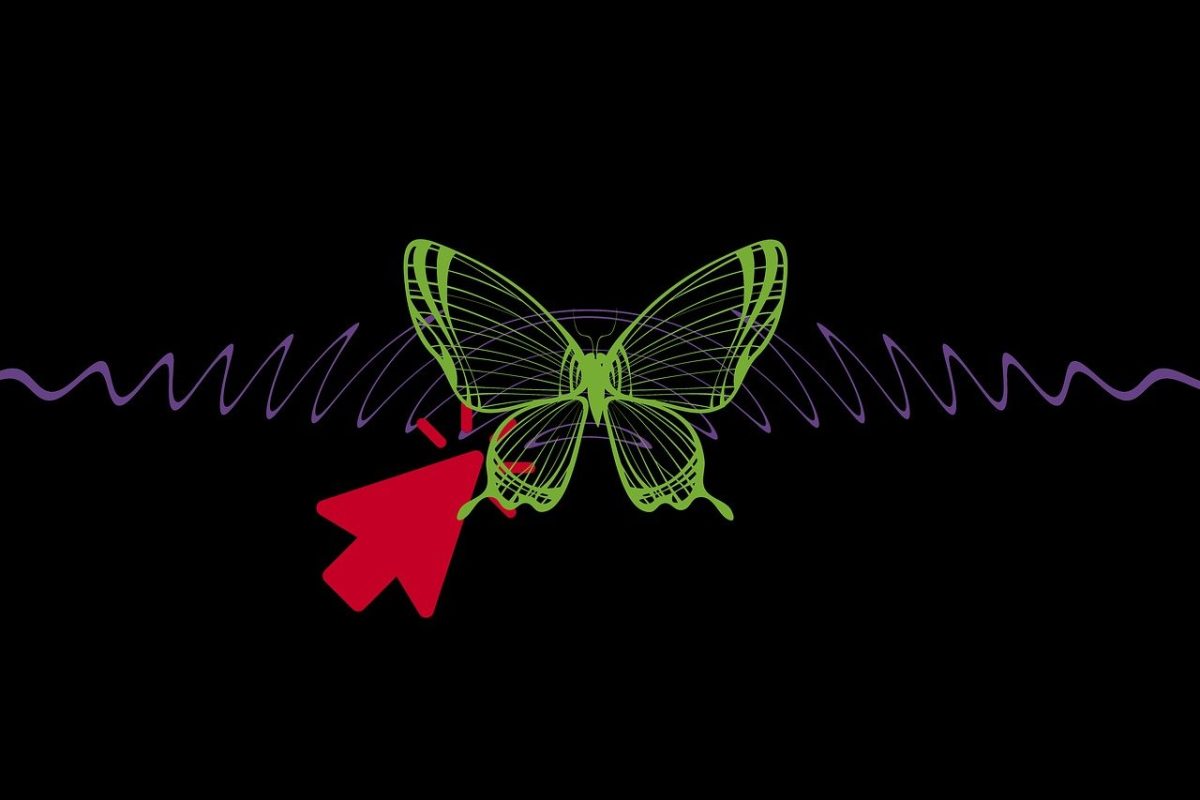The “butterfly effect” is the idea that small, seemingly trivial events may ultimately result in something with much larger consequences. Where this phenomenon gets its name is the idea that when a butterfly flaps its wings in India, that tiny change in air pressure could eventually cause a tornado in Iowa.
The term “butterfly effect” was coined by meteorologist Edward Lorenz, who discovered in the 1960s that tiny, butterfly scale changes to the starting point of his computer weather models resulted in anything from sunny skies to violent storms with no way to predict in advance what the outcome might be.
The butterfly effect is related to another theory, the black swan. Black swans are “outlier” events that are seemingly random but have a life-changing impact on our world or our lives. The key understanding about black swans, similar to the butterfly effect, is that it is impossible to predict these events, even though they are ultimately consequential.
The butterfly effect is also connected to chaos theory, which is the “science of surprises” and the unpredictable. It teaches us to expect the unexpected. While most traditional science deals with supposedly predictable events such as electricity, gravity, or chemical reactions, chaos theory deals with nonlinear things that are effectively impossible to predict or control, such as weather, turbulence, the stock market, and so on.
Many people can experience the butterfly effect. An example from me is moving schools. I met new people, new friends, and had more and new opportunities. If I never moved schools, I would’ve been with the same boring people at the same school.
An experience that my friend, Aubrey Sena, had with the butterfly effect is when she went to Walmart and saw Johnny Depp. If she never went to Walmart with her dad, she wouldn’t have seen one of her favorite actors.
Another example is with my friend, Gracie Ching, who started playing tennis her freshman year of high school. She found out she was really good at it. If she never decided to play, she wouldn’t have found her natural gift.
There is a film called The Butterfly Effect, starring Ashton Kutcher and Amy Smart. Ashton Kutcher’s character finds a way to travel back in time to his childhood. Every time he makes this journey, he does small things differently. Those tiny changes wind up having major effects on his adult life.
According to the author Kevin Michel, “Small shifts in your thinking, and small changes in your energy, can lead to massive alterations of your end result.”








